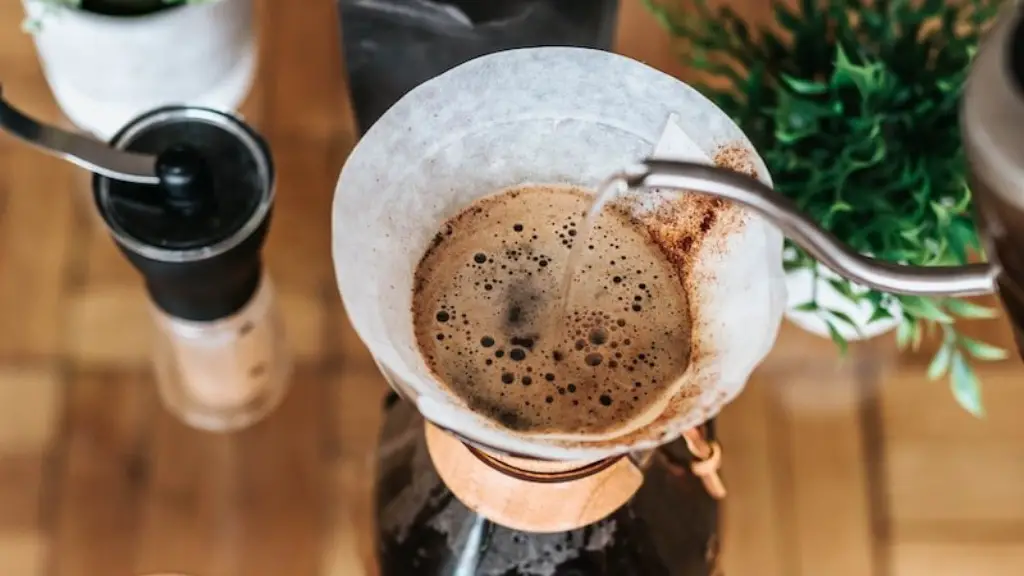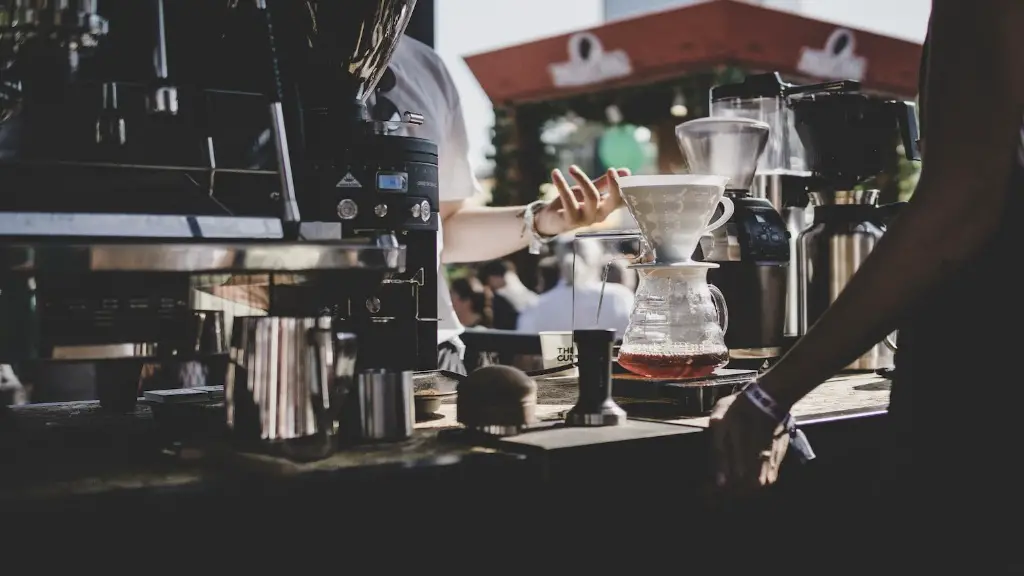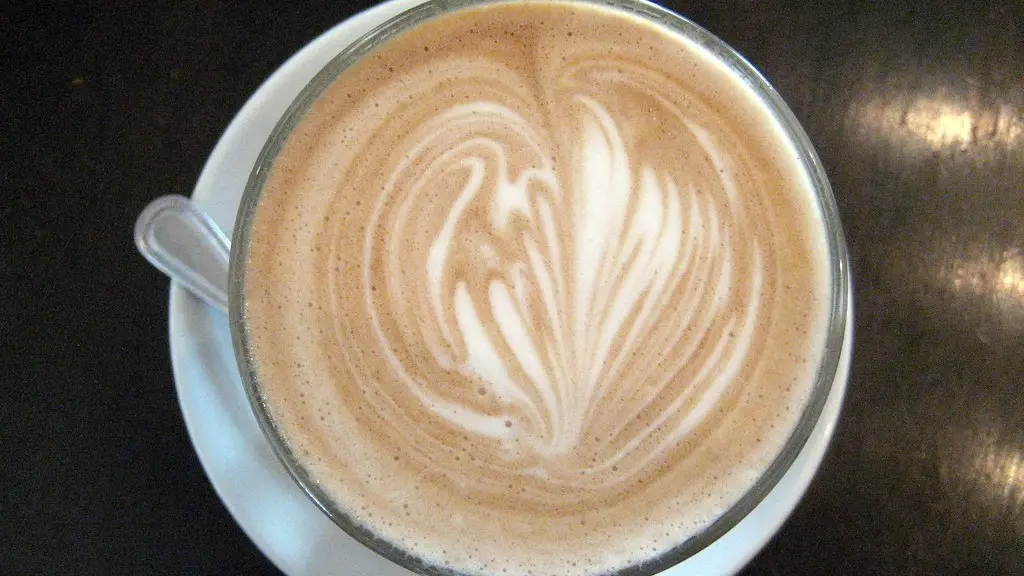Chemotherapy is a form of cancer treatment used to destroy rapidly dividing cancer cells. While undergoing chemotherapy, patients must take extra precautions when it comes to their diet and lifestyle choices. But is drinking coffee during chemotherapy safe?
Caffeine, the primary stimulant found in coffee, hastens heartbeat and rate of respiration, both of which can be dangerous for chemotherapy patients who have compromised immune systems. In addition, the diuretic property of caffeine can exacerbate dehydration which is a common side effect of chemotherapy. On the other hand, for many people, coffee is an integral part of their diet and a source of comfort.
Studies have suggested that drinking coffee during chemotherapy could increase the effectiveness of chemotherapy drugs. For example, one study carried out in mice showed that high doses of caffeine increased the cancer-fighting properties of certain chemotherapy drugs. While these results have not been replicated in humans, they do suggest that further research is needed to explore the potential benefits of drinking coffee during chemotherapy.
Many experts believe that the decision of whether or not to drink coffee during chemotherapy should be made on an individual basis. Patients should consult with their healthcare team to take into account their own medical history and individual circumstances. In general, they recommend moderate or light caffeine intake such as one cup of coffee a day or two to three cups per day.
In general, it is best to avoid other forms of caffeine such as energy drinks and soda during chemotherapy, as they often contain other added ingredients which could aggravate negative side effects. Additionally, decaffeinated coffee can still provide some of the same benefits of regular coffee.
Finally, both drinking coffee and avoiding it during chemotherapy have their own advantages and drawbacks. Thus, it is important for patients to consider their individual needs, discuss them with their healthcare team, and make an informed decision.
Nutritional Benefits of Coffee
Different types of coffee- beans, blends, and more- can yield different nutritional benefits for those undergoing chemotherapy. For instance, dark roast coffee boasts higher polyphenol levels than lighter varieties, ranging from 10-19 percent of its dry weight. Polyphenols are a type of antioxidant whose properties help protect the body from illness and infection. Similarly, dark roasted coffee can offer significantly higher amounts of essential minerals, including magnesium, calcium, and iron, than lighter roasts. These minerals play an important role in helping to maintain healthy cells and aiding in disease prevention.
Even instant coffee contains more than 80 bioactive compounds, some of which, when consumed regularly, have been found to have positive health benefits such as lower risks of cardiovascular disease and cancer. According to experts, higher quality coffees tend to produce more beneficial bioactive compounds.
It is recommended that those undergoing chemotherapy should drink high-quality coffee to ensure they are getting the most out of their beverage.
Alternatives to Coffee
Fortunately, there are other food and drink options available to those undergoing chemotherapy who want to avoid coffee. Alternatives such as green tea, herbal tea, and tisanes are less likely to interfere with chemotherapy treatments and offer a range of health benefits. Green tea, for instance, is rich in polyphenols, responsible for its strong antioxidant properties. Similarly, herbal teas can be calming and reduce stress, both of which are beneficial for those undergoing chemotherapy.
Tisanes are a unique type of herbal tea. Popular recipes include lemon balm for its antibiotic and anti-inflammatory properties and chamomile for its calming effects. Tisanes and herbal teas are caffeine free and have been found to have powerful effects on reducing chemotherapy side effects.
For those wanting to indulge in coffee, there are decaffeinated coffee varieties which are just as tasty and offer some of the same health benefits without the caffeine. Decaf coffee, while providing the same flavor profile, is significantly lower in acidity and tannins, resulting in fewer stomach and mouth irritation and headaches.
Side Effects of Coffee
In addition to its potential benefits, it is important to consider the potential side effects of drinking coffee, especially during chemotherapy. Caffeine can increase anxiety, even in small doses, and can exacerbate side effects such as nausea, dizziness, and insomnia, all of which are common among chemotherapy patients. Additionally, coffee is acidic and can cause heartburn.
It is important for chemotherapy patients to keep an accurate record of their caffeine intake, and discuss this with their doctor. Additionally, those who experience adverse reactions to coffee should consider reducing their intake or swapping out coffee for one of the alternatives mentioned above.
Tips for Healthy Coffee Consumption During Chemotherapy
For those who want to safely enjoy coffee during chemotherapy, there are a few tips to keep in mind. First, it is important to select high-quality coffee beans. Good-quality beans have a low acidity, are aromatic, and should not have any bitter aftertaste. This will help ensure that the coffee is not detrimental to the patient’s health.
Second, it is important to avoid overconsumption. Patients should limit their coffee intake to one to two cups a day, and should stick to decaffeinated coffee if possible. Lastly, to avoid dehydration, it is important to drink plenty of water between your coffee consumption to stay hydrated.
Summary
Ultimately, whether or not to drink coffee during chemotherapy is a personal decision that should be made on an individual basis. Patients should consult with their healthcare team to take into account their own medical history and individual circumstances. There are both benefits and drawbacks to drinking coffee during chemotherapy, so it is important to consider all aspects and to understand the effects of different types of coffees. Alternatives such as green tea, herbal tea, and tisanes can provide similar flavor profiles and health benefits without the caffeine. Patients should take care to drink in moderation and ensure that they are drinking high-quality coffee to maximise the health benefits.




